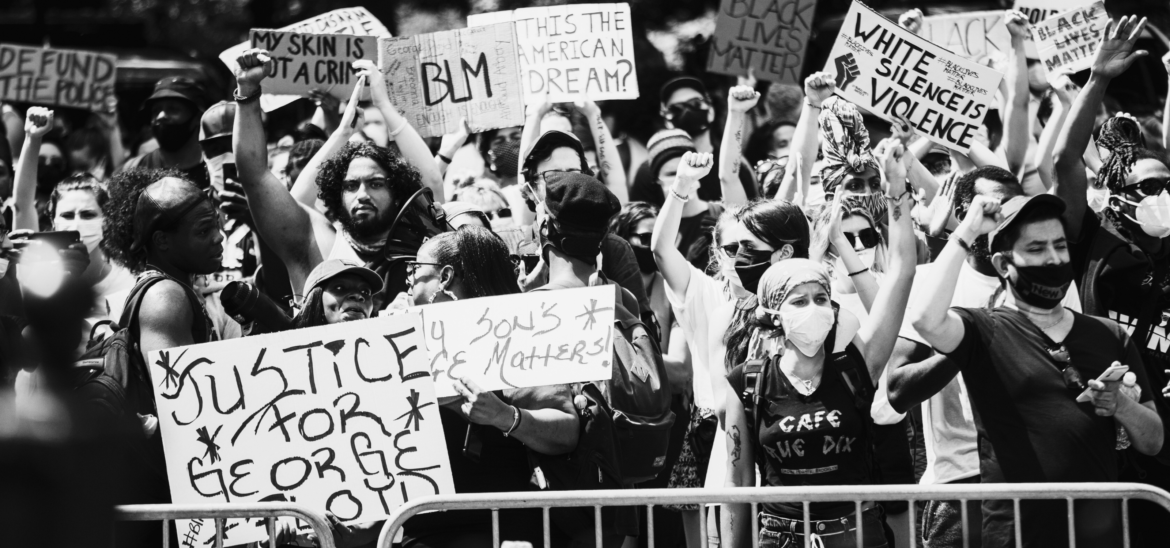Race and racism are subjects that many White Christians would rather avoid. Today, discussions of race and racism are often met with accusations of Marxism, liberalism, or twisted definitions of “Critical Race Theory.” Often, any attempt at conversation is also met with fatigue, anger, or outright dismissal.
Furthermore, White Evangelicals often fail to see the issues of race and racism that play out in our society. As the research of Michael O. Emerson and Christian Smith shows, few White Evangelicals can even name examples of racism with any specificity.[1] In fact, among White Evangelicals – who typically identify as Republican – there is a greater tendency to perceive higher levels of discrimination against Whites and Christians than other ethnic or religious groups.[2] It is no wonder, then, that many White Evangelicals simply want to move on from dealing with race and racism.
To be a people known by truth and reconciliation, however, requires more of us. It is impossible for the Church to take up the ministry of reconciliation (2 Cor. 5:18-20) unless we are willing to tell the full truth about our history and reckon with its effects today. In a 1968 interview in Esquire magazine, James Baldwin powerfully captured necessity of dealing with our history in the present moment:
I’m not trying to accuse you, you know. That’s not the point. But you have a lot to face … All that can save you now is your confrontation with your own history … which is not your past, but your present. Nobody cares what happened in the past. One can’t afford to care what happened in the past. But your history had led you to this moment, and you can only begin to change yourself and save yourself by looking at what you are doing in the name of your history.[3]
In other words, it is impossible to have an honest account of the present without dealing with our history and how we arrived at the present state of things in our country, our communities, and our churches.
